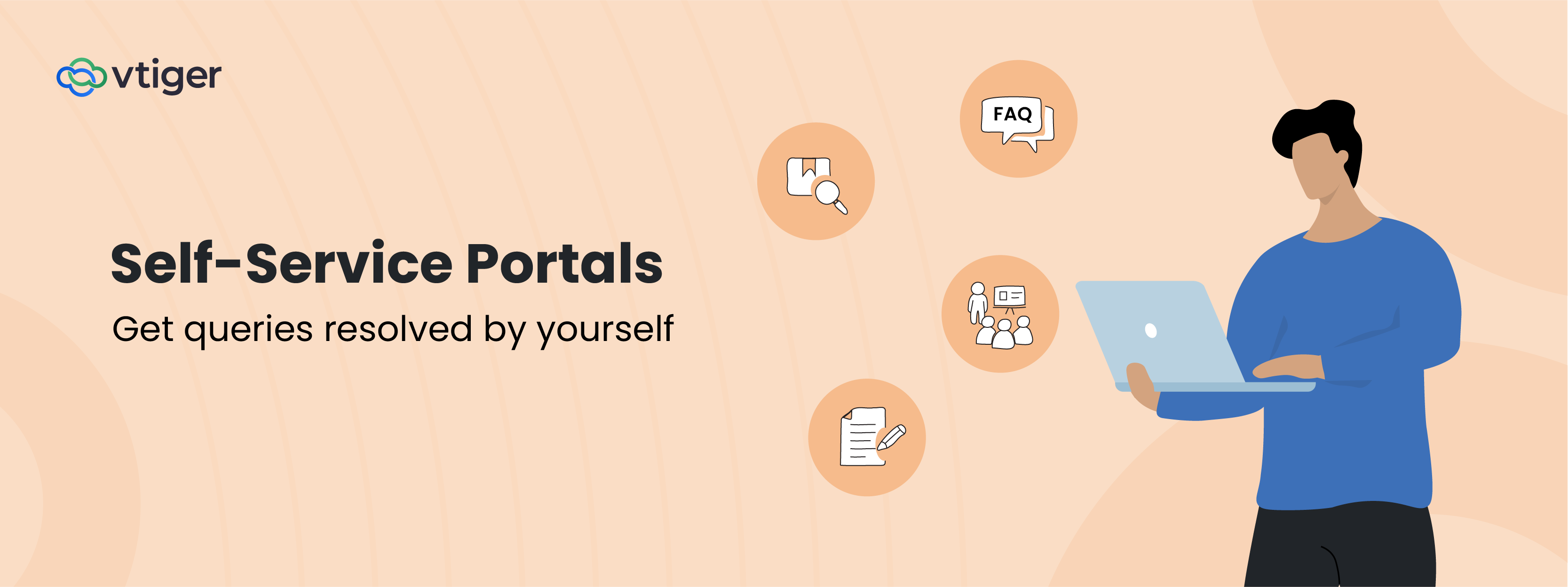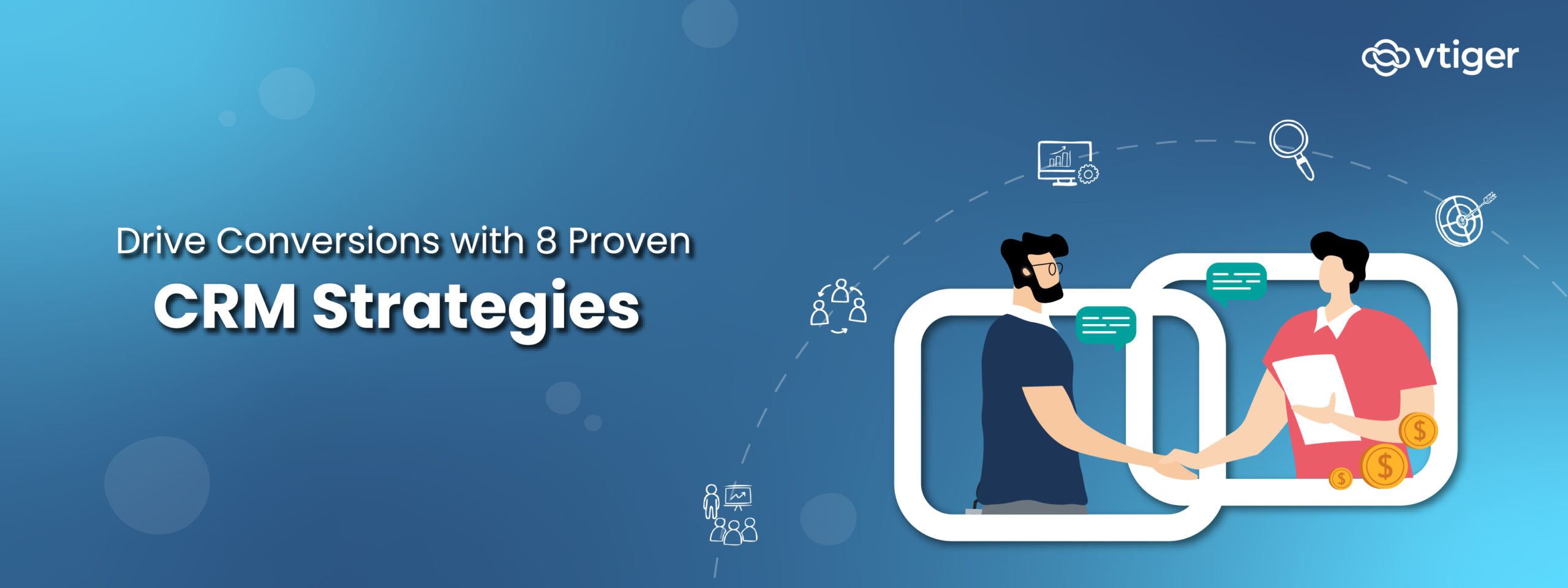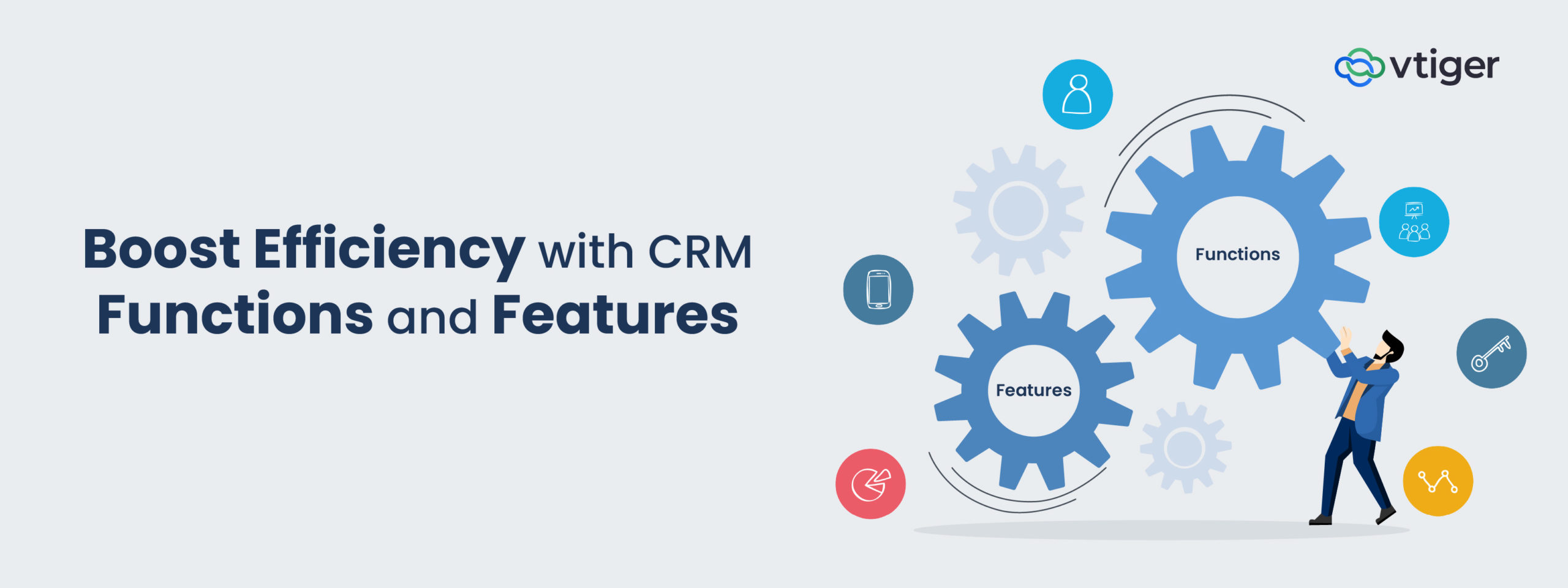Imagine you want to check the status of an order or request a service update. What is the first step you would probably take? You may call the customer support team. However, the challenge you may face when you make a call to support is sometimes they may hold and transfer the call to the agent after making you wait for long hours. And, at times, the information they provide may not be up to date.
To eliminate such problems, you can implement a self-service portal for your business.
What is a self-service portal
A self-service portal is a web-based platform that allows users to access information about your products and services whenever they choose. It supports common queries like how to use a product or install software without requiring direct assistance from a company rep. Self-service portals are designed to boost user satisfaction and minimize the workload of customer service teams.
As mentioned above, self-service portals can be used for internal and external purposes. You can have a content repository on your self-service platform that serves different purposes.
Let’s understand the different types of self-service portals and the type of content to include in them.
Types of self-service portals
Self-service portals can take various forms depending on the type of services that you offer. Here are a few common types:
- Customer self-service portals: These are designed for customers to gain information about your business. You can add step-by-step instruction guides, how-to articles, user manuals, knowledge base, etc. This way, you can streamline your customer service and provide a centralized location for them to get the help they need.
- Employee self-service portals: With employee self-service portals, you can create upskilling or reskilling programs, onboarding courses, product knowledge courses, and more.
- Partner self-service portals: It facilitates collaboration between a company and its partners, allowing them to access shared resources, manage projects, and communicate with each other.
Do you know?
You can use Learning Management System (LMS) to conduct training activities in your organization. You can facilitate employee, customer, or partner training by creating and publishing learning courses using LMS software. In this way, you can impart knowledge with reduced effort.
Get started with Vtiger LMS to elevate training activities in your organization now!
So, what are the advantages of self-service portals
Self-service portals offer a lot of benefits to organizations if you utilize them to their fullest. It includes:
Feasibility: Self-service portals allow everyone to perform their tasks without the need to contact customer support during business hours. For example, if your customer queries installing software, they can go to these portals and gather information from how-to-articles. Or, for employee onboarding, you can create different courses to give your new employees an overview of your organization. This will reduce cross-team dependency and save a lot of time.
Access to information 24×7: Self-service portals are available round the clock allowing everyone to perform tasks by accessing information on the go. You will not have to wait for support reps to reach out to you with answers which can lead to faster response times.
Minimized costs: You can reduce hiring customer support costs by allowing customers to resolve queries on their own with less human intervention. Also, you can cut down training costs for onboarding or other programs by providing relevant materials. They can access the content at their convenience.
Boost customer satisfaction: Self-service portals can improve customer satisfaction by providing a convenient, efficient, and easy-to-use platform for customers to solve their problems. It can also improve employee productivity and engagement, improving employee satisfaction and reducing employee turnover.
Self-service portals can also be integrated with a CRM. Vtiger CRM has integrated FAQs to provide non-stop service to its customers. It has also integrated LMS with CRM to boost employee, customer, and partner training.
Also, check out our other blogs for CRM-related information.




